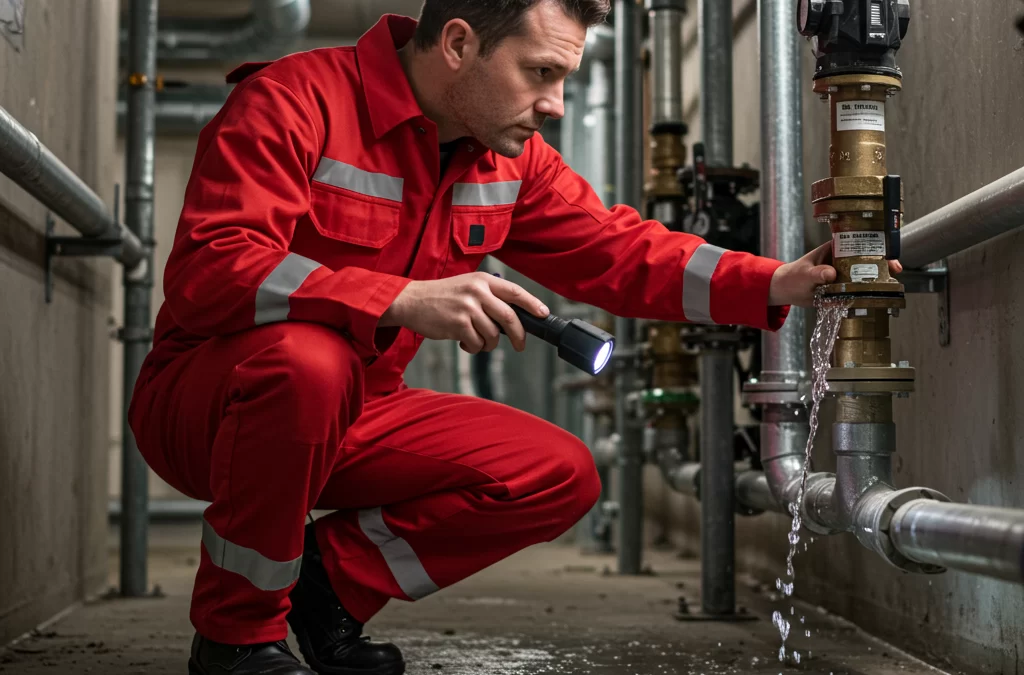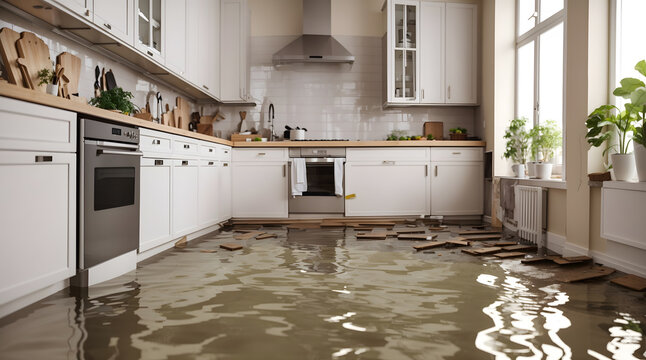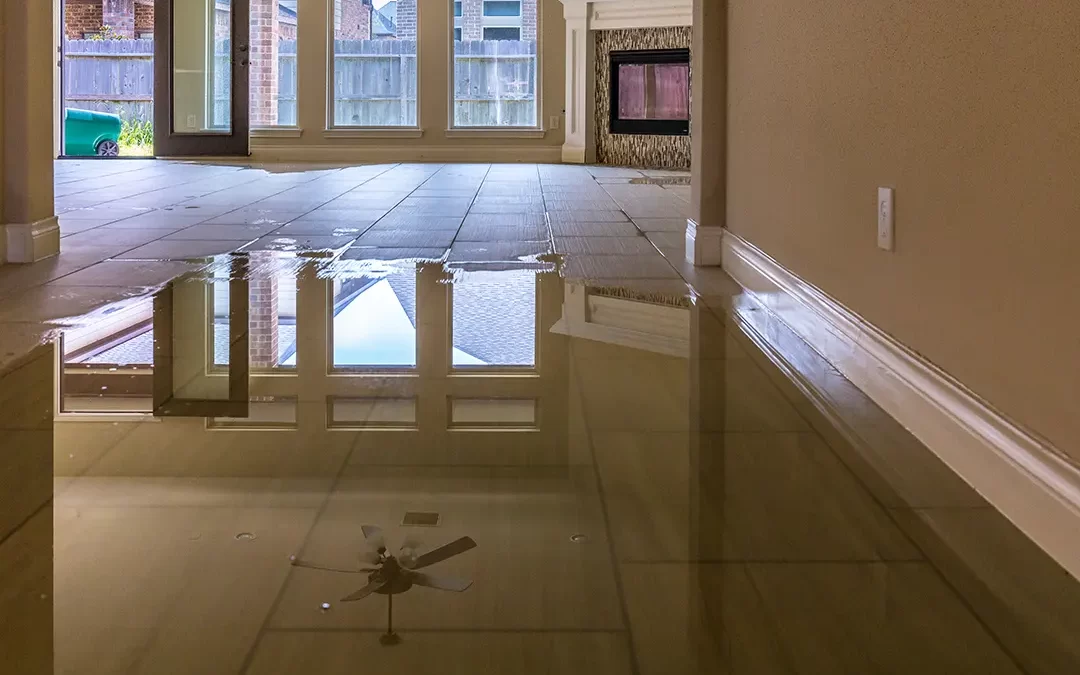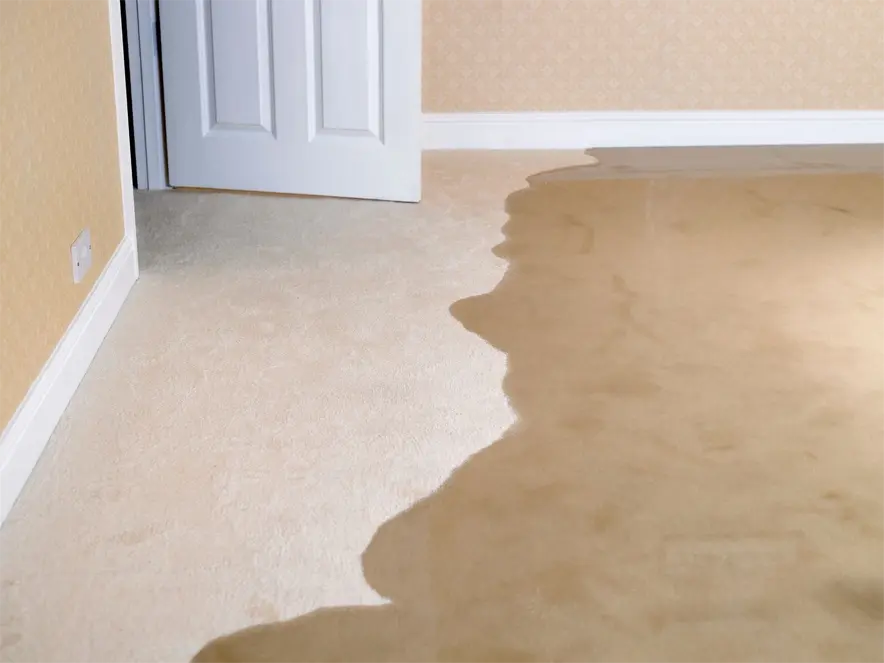
Stop the Drip Before It Drowns You: Why Early Water Intrusion Detection Matters
Water damage is one of the most expensive and disruptive threats to commercial properties today. What starts as a slow drip can quickly spiral into soaked drywall, warped floors, ruined electronics, and even mold. The good news? Much of this damage is avoidable with early leak detection and proactive maintenance. By spotting small issues before they become major problems, building owners and managers can save thousands and keep their spaces safe and operational.
The Real Cost of Waiting
According to the Insurance Information Institute, water damage and freezing pipes are the second most common cause of property loss in commercial buildings. It’s not just about repair costs—business interruption, tenant complaints, and increased insurance premiums follow closely behind. A leaky pipe might not seem urgent, but it’s like ignoring a ticking time bomb. One study by SterlingRisk showed that properties without a leak detection system are three times more likely to suffer a major water loss. And when those losses hit, they’re not cheap. On average, a water damage event can cost over $50,000 in repairs and restoration.
Early Detection Saves More Than Money
Beyond reducing repair costs, identifying water leaks early keeps your business running smoothly. A small leak under a sink or behind a wall can go unnoticed for weeks—until it causes structural damage or mold growth. By then, it’s too late for a quick fix. Water leak detection systems monitor water flow, humidity, and temperature in real time. These smart systems instantly alert facility teams when something is off—like water flowing when no one is around or humidity rising in a normally dry room. Banyan Water reports that its commercial clients reduced water-related damage by up to 75% after installing automated leak detection tools. They also saved millions of gallons of water and thousands of dollars in utility bills each year. These systems are more than damage control—they’re a smart investment in sustainability and efficiency.
Better Safety, Fewer Insurance Claims
Water can cause slip hazards, electrical issues, and structural failures. When a leak happens near sensitive equipment or wiring, the risk of fire increases. Early detection limits these dangers by alerting staff before water spreads. Insurers are taking note. SterlingRisk points out that buildings with modern leak detection systems may qualify for lower insurance premiums. That’s because insurers recognize how these tools reduce claims and protect property. In fact, some policies now require leak detection for high-value properties or offer incentives to install them. Waiting until a leak causes major damage can raise premiums or lead to policy exclusions. A few dollars spent on detection can protect your bottom line later.
Prevention Pays Off
It’s tempting to push leak detection to the bottom of your budget list. After all, the ceiling isn’t leaking today. But the data is clear: water damage is predictable, preventable, and expensive when ignored. By investing in early detection, commercial property owners can:
- Prevent costly water damage
- Reduce downtime and business disruption
- Lower insurance premiums
- Improve safety and tenant satisfaction
- Promote sustainable water use
Early action is always cheaper than emergency repairs. In the words of Banyan Water, “You can’t manage what you don’t measure.” So start measuring, detecting, and stopping leaks early—before a drip becomes a deluge. And don’t wait until water damage shows up—call a trusted water damage restoration team like Universal Restoration to schedule an annual inspection and stay ahead of the next leak.



